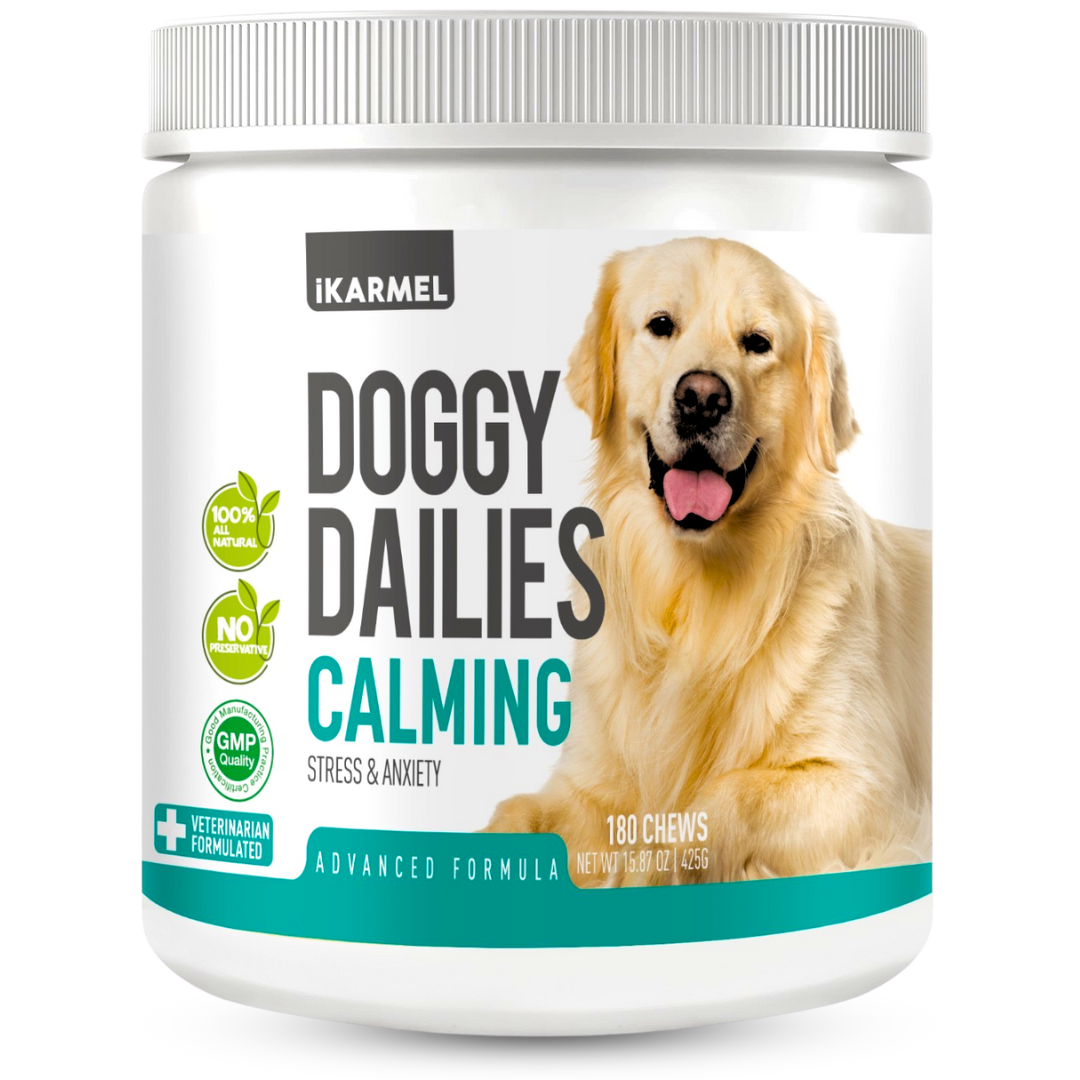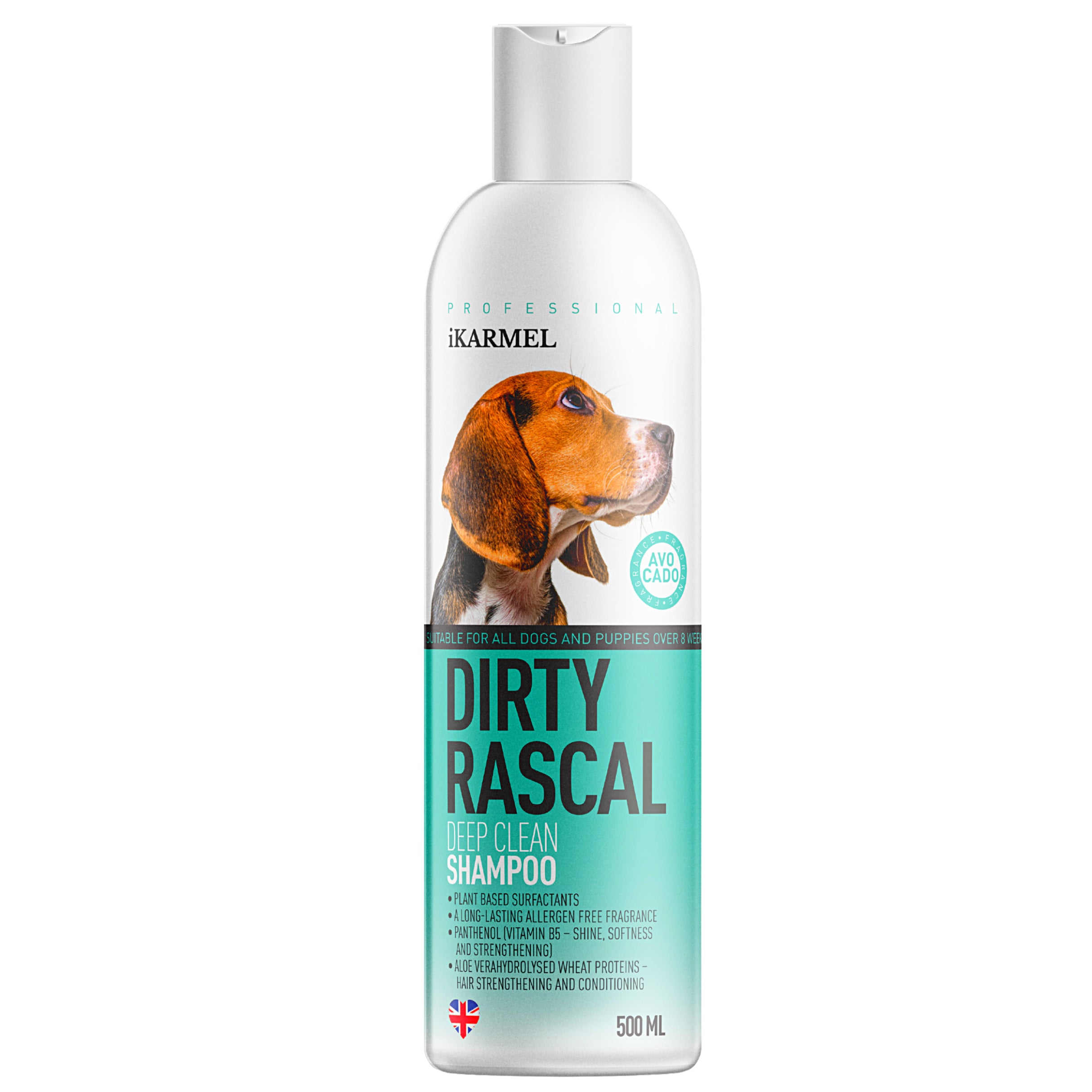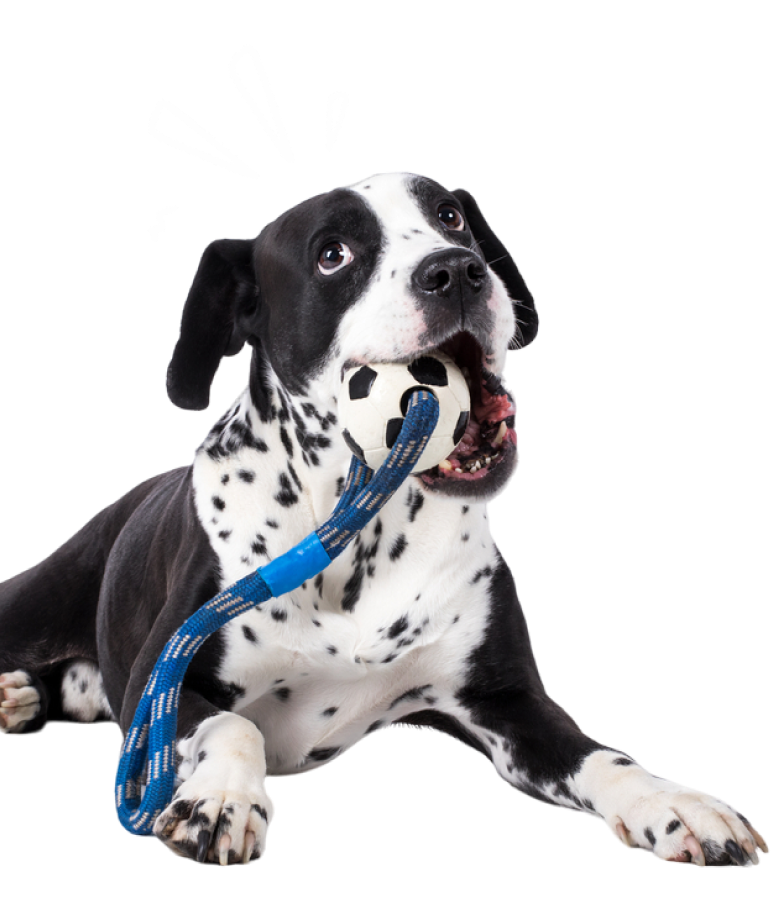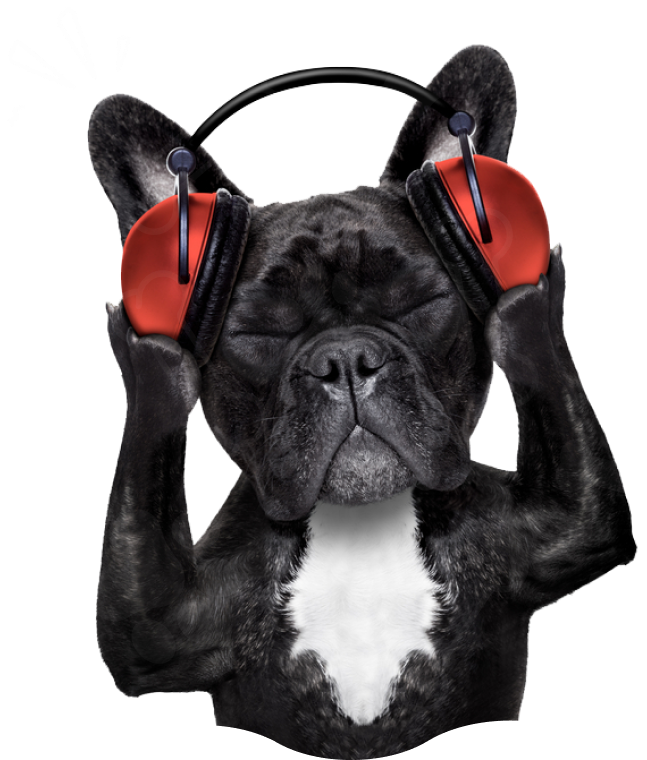
Is Your Pooch Depressed?
When you bring a dog into your home, it becomes not just a pet but a part of the family. You are responsible for feeding, grooming, and loving them. But as it turns out, making sure your dog is happy and healthy is more than just keeping their bellies full and giving them a pat on the head. Dogs can get depressed, and it's our duty to spot it and help them through it. Read on to learn how you can tell if your dog is feeling down and what you can do to help.
1. Symptoms of Depression in Dogs
Dogs don't express their emotions like humans do, so it can be hard to tell if they're feeling low. But there are some signs you can watch out for. If your usually active and playful dog is suddenly lethargic or withdrawing from activities they used to enjoy, they may be suffering from depression. Other signs include loss of appetite or sudden weight loss, excessive sleeping, low energy, avoiding social interaction, and even destructive behaviour like chewing on things they're not supposed to.
2. Causes of Depression in Dogs
Dog depression can stem from a variety of factors, just like in humans. It could be triggered by a traumatic event, like the death of another pet or a move to a new home. Changes in routine, like a new job that takes you away from your dog for longer periods, can also be a cause. Even lack of stimulation or social interaction can lead to depression in some dogs. It's important to note that depression can also be a symptom of a physical ailment or underlying medical condition, so it's always good to consult with your vet.
3. Ways to Help Your Depressed Dog
The good news is there are plenty of things you can do to help your pooch feel better. First and foremost, be there for them. Dogs thrive on attention and companionship, so spend some quality time together through play or cuddling. Exercise and outdoor activities can also raise your dog's spirits, so take them on walks or runs or do some training drills that give them a sense of accomplishment. Providing new and stimulating toys or activities can also be helpful.
4. Professional Help
If your dog's depression doesn't seem to be improving with your efforts, it may be time to seek professional help. A veterinarian or dog behaviour specialist can assess your dog's situation and recommend the best course of action, which could include medication, therapy, or a combination of both.
5. Preventing Dog Depression
Prevention is always the best strategy. Keeping your dog active and engaged, sticking to routine, and providing ample social interaction can help prevent depression from occurring. It's also important to give your dog plenty of love and attention.
It's important to remember that dogs have emotions just like we do. If your dog is showing signs of depression, it's up to you to find out why and help them through it. By educating yourself on the symptoms and causes of dog depression, you can provide the support and care your pooch needs to get back to their happy and healthy selves.


















